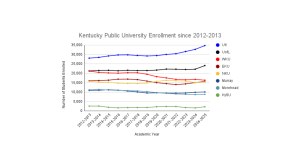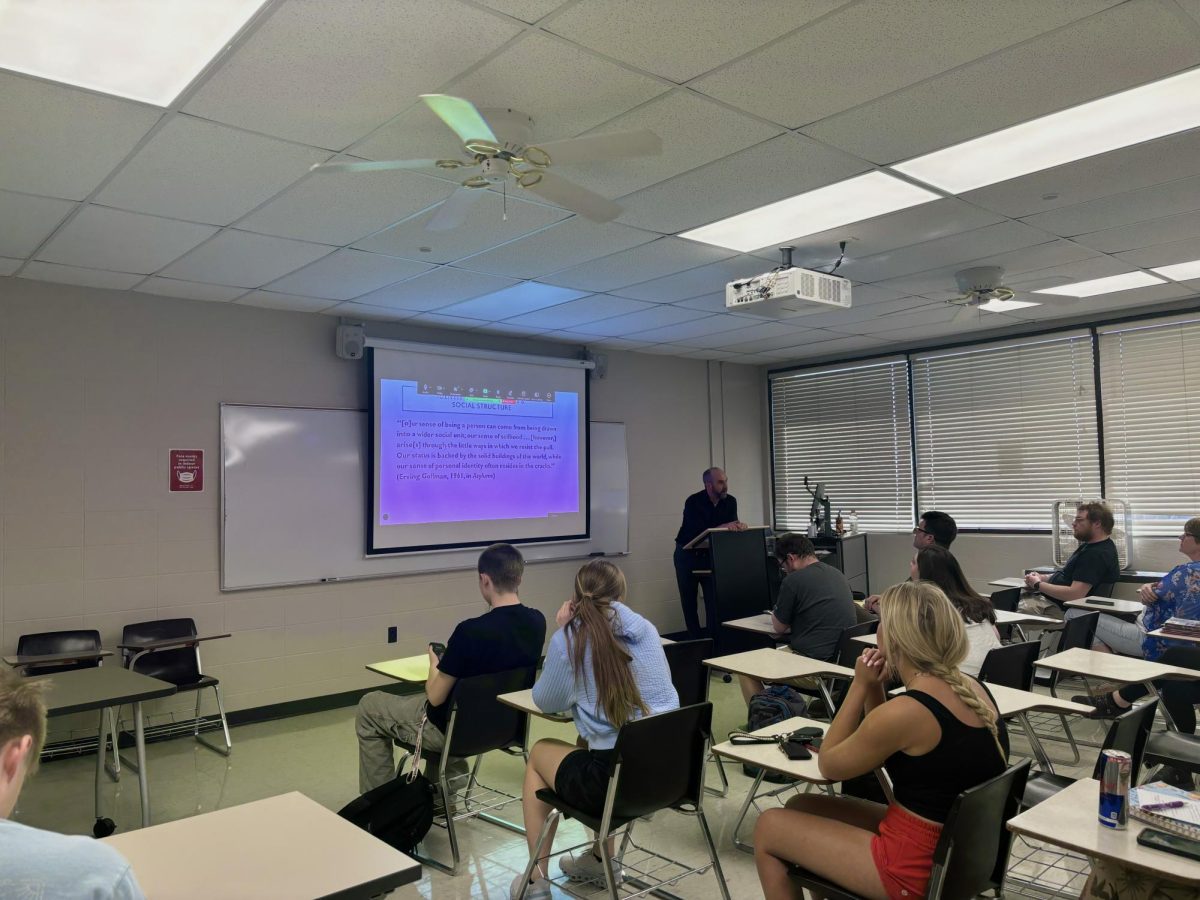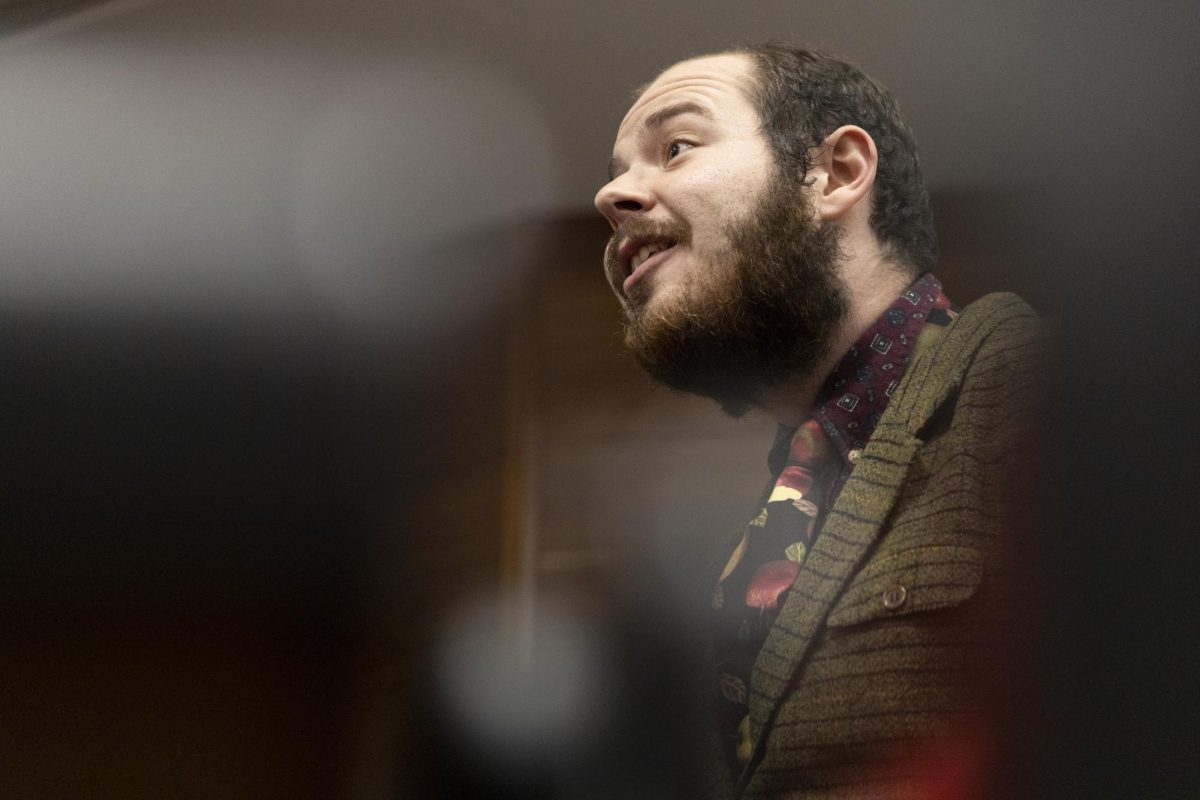WKU seeks to stop state budget cuts
December 9, 2011
As another even-numbered year approaches, so does another budget year for state funding for higher education in Kentucky.
The Council on Postsecondary Education makes a budget recommendation every two years. This budget will apply to 2012-2014.
Robbin Taylor, vice president for Public Affairs, said the university is not seeking anything beyond the CPE budget request and has no other specific legislative initiatives at this time.
“We will focus primarily on the budget in this session,” she said. “We are tracking pre-filed bills at this point.”
The governor will present his budget recommendation to the General Assembly by Jan. 17.
“Really until then we are discussing the CPE budget recommendation — specifically what is in it for WKU — with legislators,” Taylor said.
Ann Mead, vice president for Finance and Administration, said now that budget recommendations have been submitted to Gov. Steve Beshear, WKU is in a “waiting game” to see what he recommends.
For WKU, the budget recommendation includes three main points, Mead said.
First, the university is recommending $3,299,400 be allocated to management and operation of facilities in the first year.
Mead said this would mean money going to new buildings put on campus between the years of 2008 and 2013, including Ransdell Hall, Health Services, the addition on the Preston Center and the new music hall.
Secondly, WKU is recommending $1,202,500 be used for college readiness, also known as Senate Bill 1.
Finally, part of the second-year operating request is for $2.54 million to be applied to student investment, also known as performance funding.
A portion of this money may be awarded to the university based on the CPE’s assessment of graduation rates, retention rates, and other measures of performance.
President Gary Ransdell said within the budget, WKU’s No. 1 priority is to stop cuts.
“We’ve had over $10 million cut out of our budget since 2008 in state funding, so our first priority is to stop the bleeding that has occurred for the last four years,” he said.
Ransdell said the second priority will be to get new, increased operating support, and the third priority will be to get some capital projects funded.
“It’s been four years since the state has funded new capital construction,” Ransdell said. “In that regard the first priority is the renovation of the Thomson Complex Central Wing and planetarium, and second is the new College of Business building.”
















